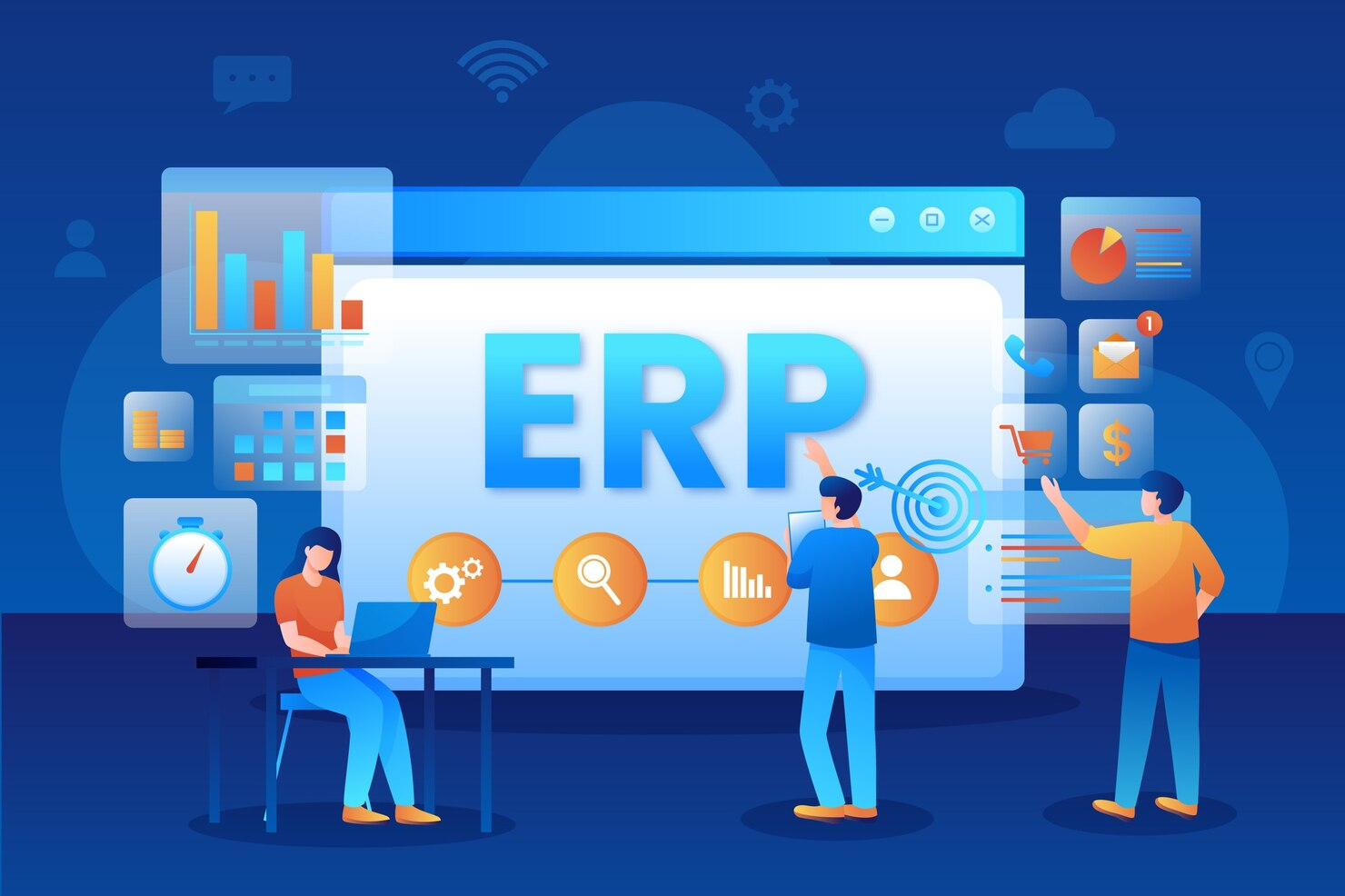Importance of ERP Solution Provider
Introduction:
ERP enables businesses to automate back-end activities to make the most of their resources, increase productivity while decreasing costs, and see a rapid return on their investments. ERP solution providers have proven instrumental in our customers’ operations’ growth, efficiency, and digitization. The M3 ERP Software cloud-based business solution is adaptable and can meet various requirements. Considering the Software’s flexible pricing and extensive range of capabilities, its widespread adoption among enterprises is no surprise.
- ERP Deployment Strategies:
Several approaches can be taken to introduce an ERP system. The optimal deployment method for your company will depend on its delivery strategy and personal preferences. The various ERP implementation strategies are as follows:
- On-Premise:
This time-tested approach to ERP deployment is still widely used by many businesses today. The ERP supplier or vendor sells the Software, and the company buys it and sets it up on its servers. Indeed, investing in your gear and infrastructure for this deployment approach can seem daunting initially, but be assured that your initial outlay will pay dividends for at least the following five to eight years.
- Stored in the Cloud:
One other choice is to place the service in a cloud-hosting environment. You will own the program, but they will manage the servers and update and protect it for you. You can use the servers whenever you like in exchange for a recurring subscription charge.
- Free and Open Cloud Service (also known as the “Public Cloud”)
Regarding ERP, many providers go beyond just renting out server space and offering the whole package on the cloud. The ERP solution provider owns and operates the Software and provides access via a licensing or subscription arrangement.
- Personal Cloud:
The private cloud adds an extra layer of complexity and safety compared to the public cloud. In this setup, the M3 ERP Software is owned by a third party, and the company uses their services, but all of the data and backups are handled locally.
Primary Benefits of an ERP Software:
- A Greater Ability to Find Data:
Centralized data storage, processing, and analysis are hallmarks of modern ERP systems. Information regarding the company’s operations, sales, clients, finances, and more is centralized and easy to find.
- Report Improvements:
In addition to collecting and processing data, ERP systems may generate improved reports on various topics, including sales strategy, staff onboarding, and other operational metrics. Decision-making for department heads can be facilitated by using interactive and visual words provided by SAP Business One and other small business ERP software.
- Reduces Inaccuracies
Errors in data input and other business processes are less likely to occur when businesses move away from paper-based products and manual processes enabled by M3 ERP Software.
- Enhanced Cooperation:
Multiple divisions in a company will work together towards a common goal. Lack of cooperation and coordination between the departments can lead to delays, bottlenecks, and faults in the final product delivery.
- Meticulous Preparation:
The more data business analysts and the management team have, the more efficient judgments they can make. Business analysts and top-level managers must often make decisions based on inaccurate or partial information from lower-level employees.
Conclusion:
Rover data erp solution provider Business One may initially seem like a large outlay of capital. Still, they have several advantages that make up for the initial expenditure. ERP systems may save a ton of money for businesses by minimizing human error and paperwork, improving efficiency, and doing away with mundane, repetitive jobs.
















